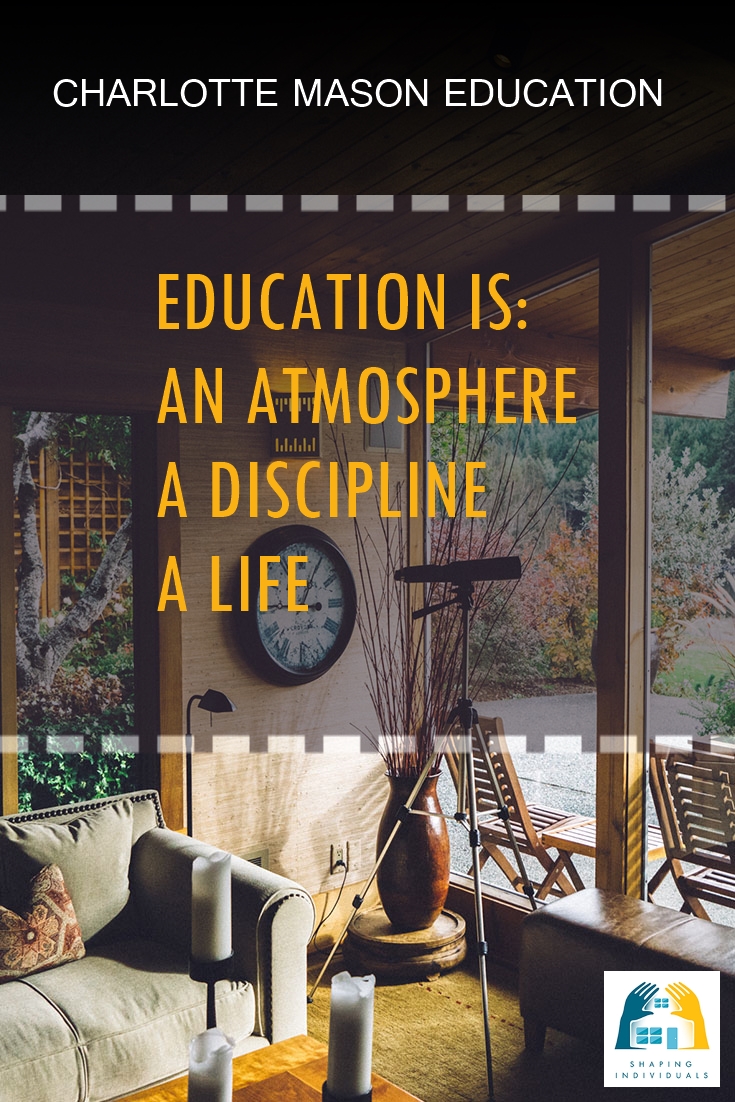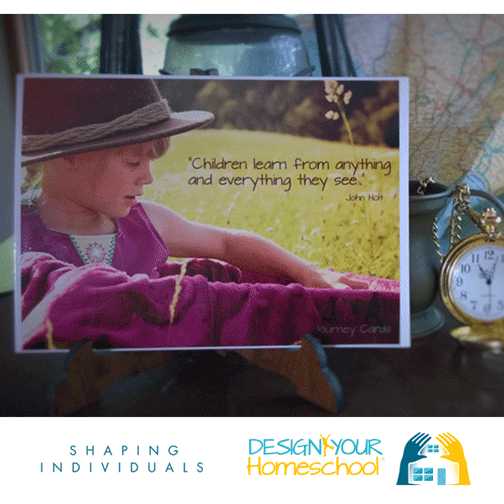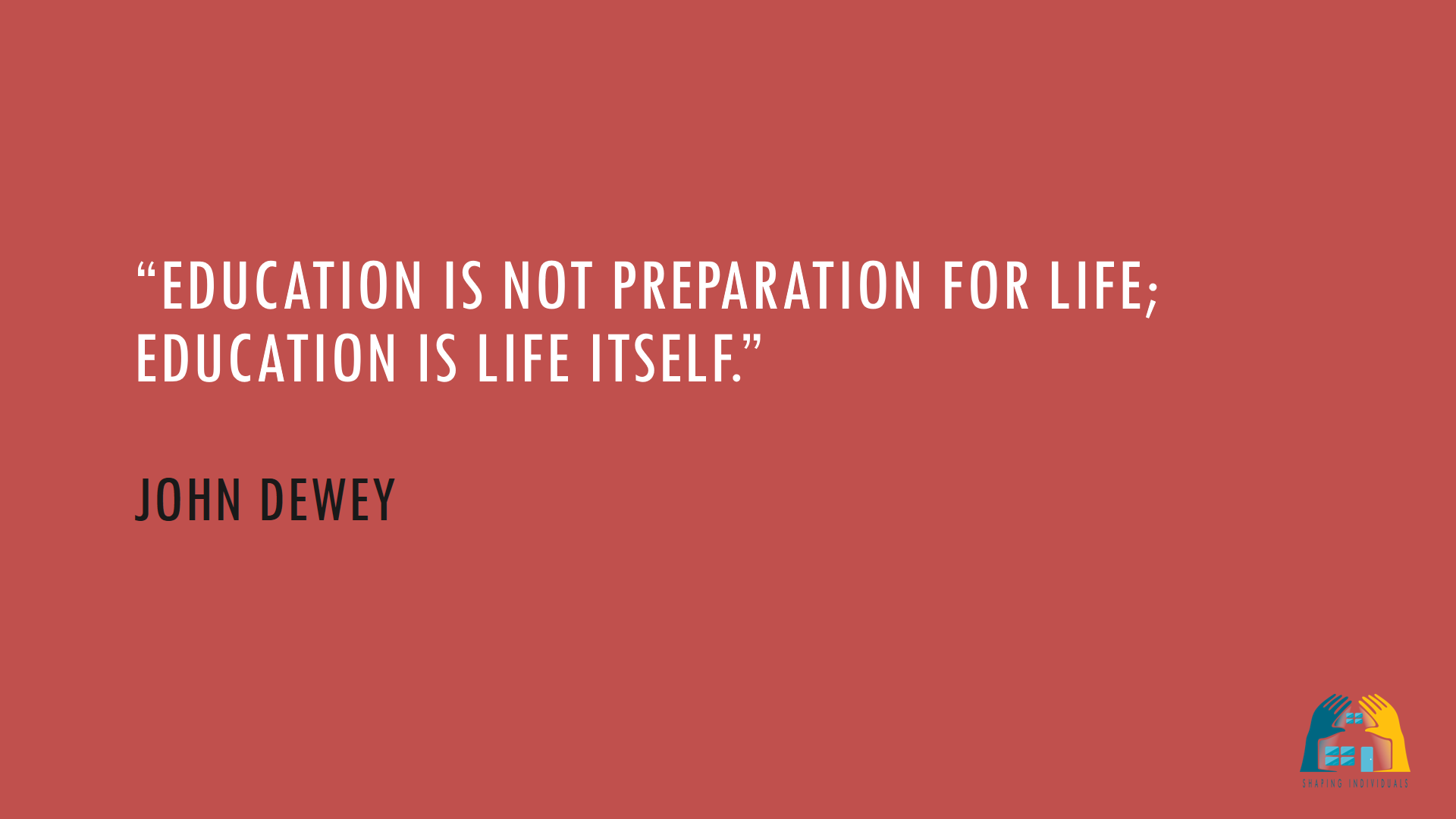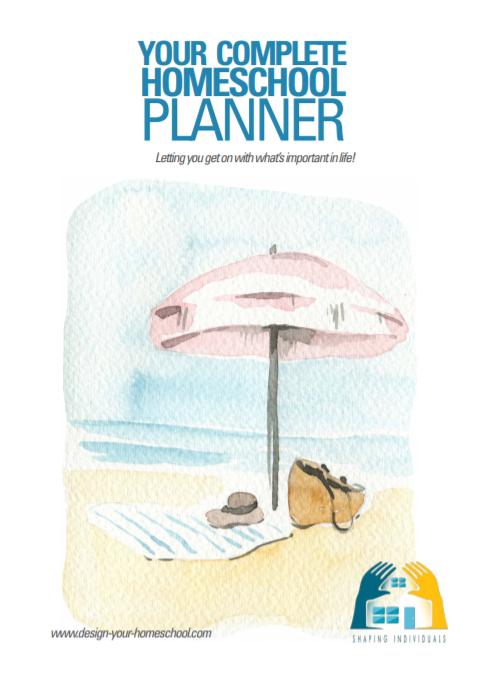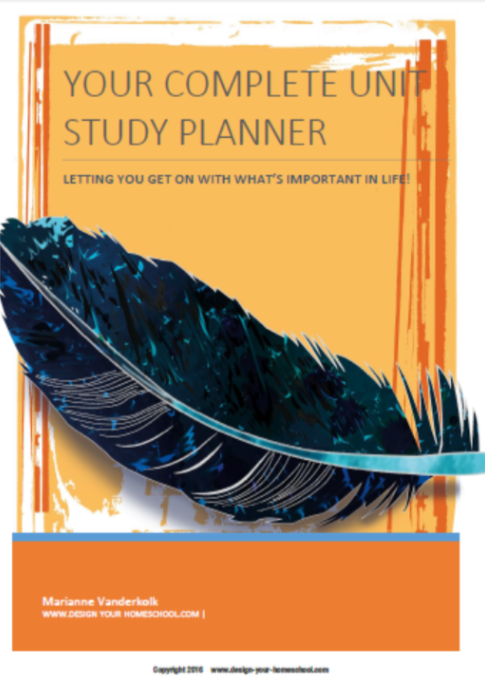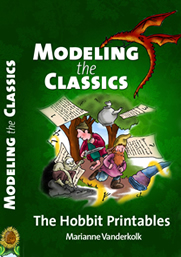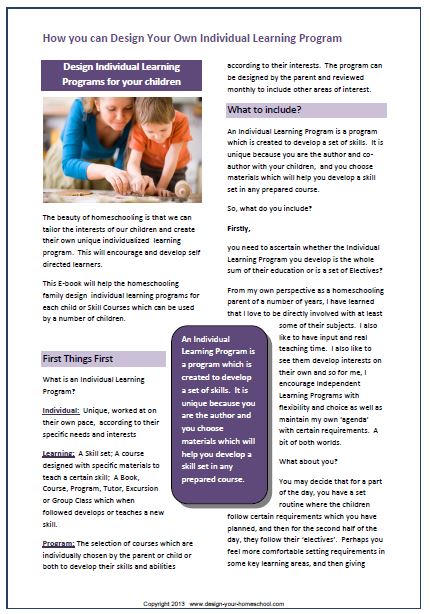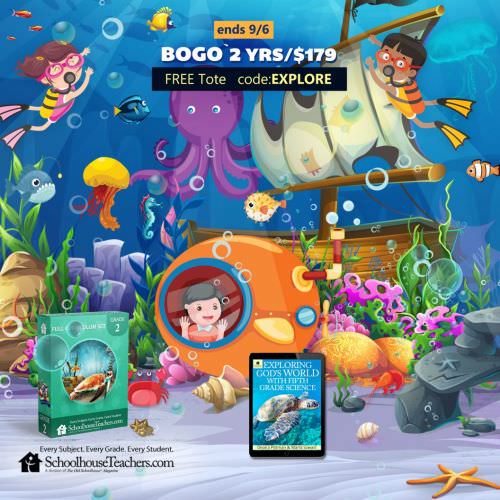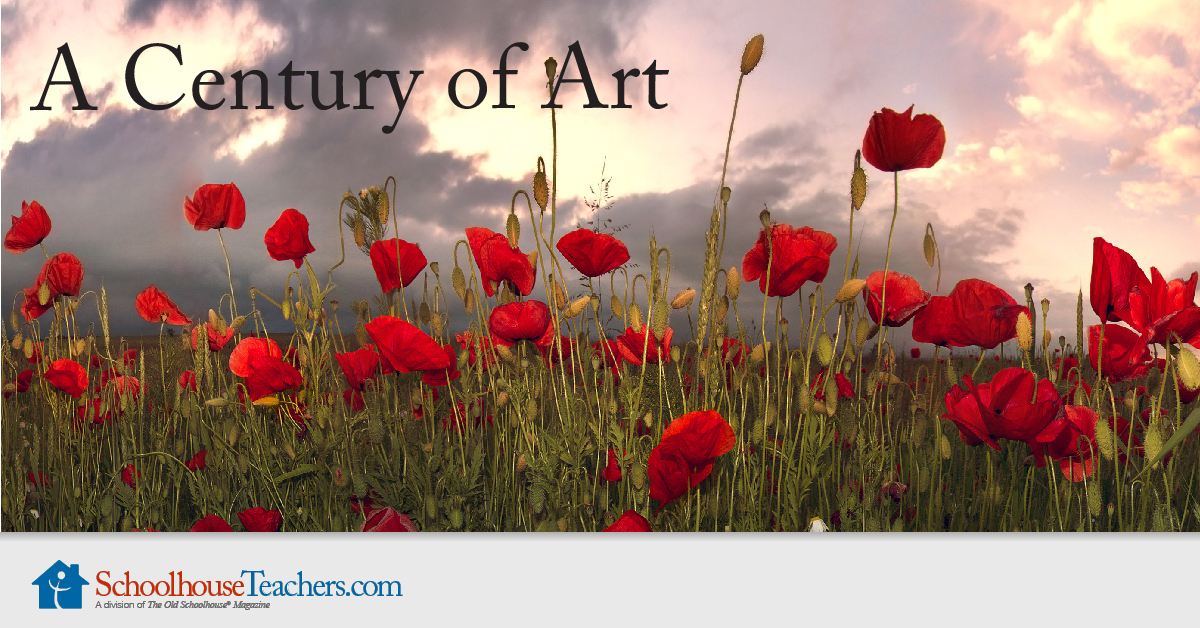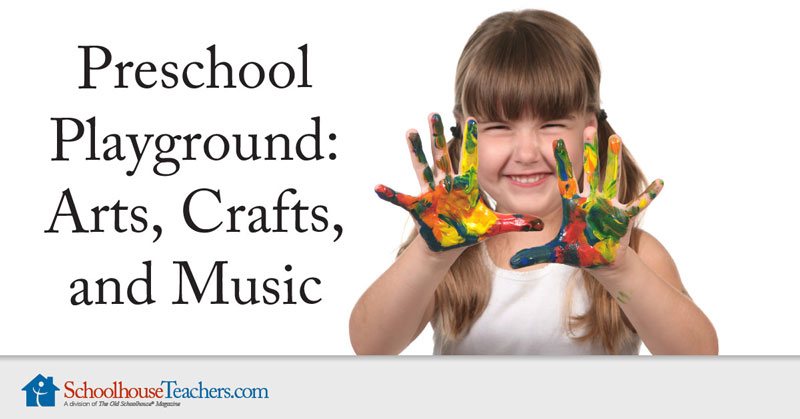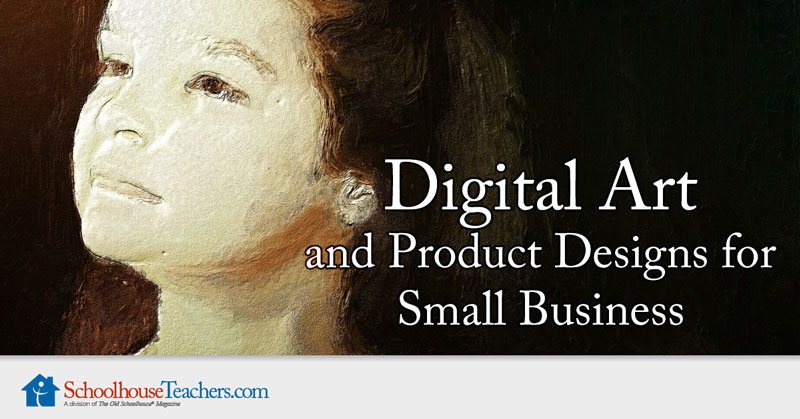Charlotte Mason Education:
What are the 3 Instruments of Education?
The Charlotte Mason Education Principles as listed below show that she had an in depth understanding of education and the teacher's role in education.
The only means a teacher may use to educate children are the child's natural environment, the training of good habits and exposure to living ideas and concepts.
This is what the Charlotte Mason Education motto "Education is an atmosphere, a discipline, a life" means.
If we can't use suggestion, affection or influence to motivate children to learn, what can we use?
Three things--atmosphere, discipline and life. That may sound limiting, but those three things are more vast than we suppose! This is what Charlotte Mason Education is all about!
Education is an atmosphere
Charlotte Mason Education Principle 6. "Education is an atmosphere" doesn't mean that we should create an artificial environment for children, but that we use the opportunities in the environment he already lives in to educate him.
Children learn from real things in the real world.
Some say that environmental factors--color of a room, background sounds, childproof rooms, pleasant people--affect the child's mind and education, and that everything that is part of a child's world should be controlled for the best results.
But children are not hothouse plants; they get bored with an artificial environment. Plants shielded from the weather are destroyed in the first storm because they aren't used to it. And children shielded from the real world don't grow. They need relationships with real people to learn about moods, humor, sacrifice and love. There is no other way of learning about people than by living, working and playing with family and friends. They need to see parents under stress, although parents must still maintain authority and control, and parents should never allow their burdens to be shouldered by their children.
In school, teachers must not dilute and sweeten lessons so that they are insincere and soft. Children need to hear the truth and they need lessons to be a challenge. If students are pressured, it may not be lessons that are too hard, but competition for top ranking may be causing stress.
Children need the reality of truth and life, but that doesn't mean they should be let loose to be influenced by anyone and anything. They need some control over who they spend time with and what comes into their lives; parents must find a healthy balance.
Education is a discipline.
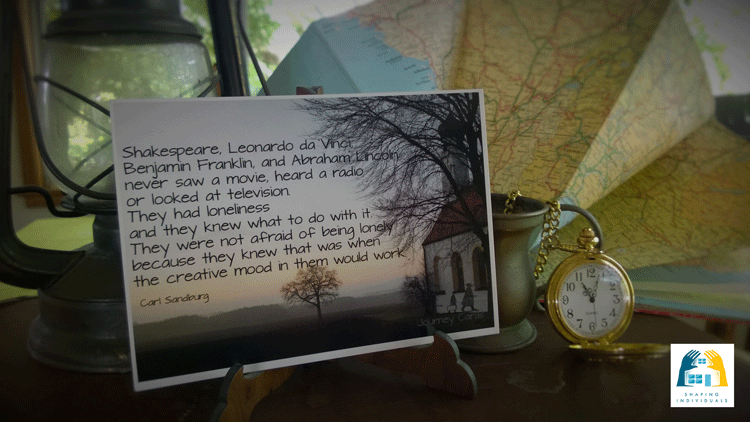
Charlotte Mason Education Principle 7. "Education is a discipline" means that we train a child to have good habits and self-control.
Children don't need to be persuaded or coerced into learning if their lessons are selected properly. Although they will still have to exert effort to learn, they will enjoy the process. Learning to focus and pay full attention comes naturally to children and, if it is expected of them, will become a habit and will enable them to retain knowledge from just one reading. Concise articulation, obedience, sorting fact from sentiment, neatness will all help make self-education easier. Education should teach children to live moral, useful lives enhanced with cultural interests and alive with Christian spirit.
The mind and body should both be trained in good habits because they affect each other and can work together to bring right action. For instance, smiling can help dispel a black mood, or, conversely, focusing on pleasant memories can bring a smile to the face. Although children shouldn't be harshly abused to turn them into machines for the convenience of adults as they were in the days of child labor, we should not be afraid to discipline children and teach them good habits, because good habits will make their own lives better. If they do the right, orderly thing by habit, they will be spared deliberating over what to do next, and the resulting lack of disorder and bad choices will make thier lives smoother.
In the beginning, learning a habit takes some effort and may be resisted. Generally, the most lasting habits are those we want and instill in ourselves, so it's best to find ways of inspiring our children to make good habits on their own rather than trying by force to make them conform just because we want it. Children may respond to the idea of chivalric victory in conquering their own bad impulses. Parents must never imagine that children are doing them a favor by learning a good habit; the habit is for the child's good, and it does the child a disservice to let him get away with lapses.
Parents need not fear that habits of religious routines will make God seem mechanical; God can touch our children as they go through routines of daily prayer, regular worship and weekly service.
Carefully trained habits will seem confining as children get older unless their minds are kept full with great books. Children taught only outward habits will either become narrow-minded and afraid of change, or will rebel and flit from one trend to another. Habits that were forced on a child as an outer behavior will be shed by children as soon as they can get away with it. For habits to last, they must be internalized as a result of the child being inspired to keep the habits for himself.
Education is a Life.
Charlotte Mason Education Principle: Education is a life.
The life of any being needs regular food to survive. The mind is alive and will starve if it only feeds on weekend football and gossip magazines. The mind needs real ideas--knowledge and inspiration--to really live and grow.
What is an idea?
An idea is living thing of the mind. It's hard to describe tangibly, but we've all felt an idea's effect when we've been inspired to take action, impressed to do something. Text books don't kindle interest in us to get up and do, or make a change because they've been reduced so much that no real ideas are left in them. For instance, reading that "Columbus discovered America in 1492," leaves us cold, but reading of Columbus's struggles to make his dream of a new discovery happen, makes us want to make our own discoveries.
Where do ideas come from? They come from God. Even the practical idea to farm land came from God, as noted in Isaiah 28. An idea may strike us as a light bulb suddenly coming on, or it may create a vague sense of longing. The best ideas make children yearn for the noble and good. Ugly words and attitudes from us, such as an unkind comment about a neighbor or a display of temper at a careless salesclerk, will plant bad ideas in our children's minds.
Sometimes an idea so motivates us that it's like a beacon light at the end of a tunnel and we set everything else aside to pursue it. Great inventions have come from men pursuing an idea this way--ideas have a power all their own that can drive men.
We rarely have original ideas; most of our thoughts are either ideas we got somewhere else, or improvements on another idea. For that reason, self-expression is rarely original, or even all ours. It's just a rehash of what we've heard or seen elsewhere. Children asked to write a composition will usually repeat something they know because they don't have a collection of novel creations in themselves yet.
Schools try to force information into children, but, for all the effort of teachers, only those original ideas the child stumbles across will be retained. The rest is just words to be disregarded and forgotten.
Ideas are living and have power because they are spiritual, coming from God. But they travel from person to person packaged in oral speech, writings, pictures or music.
Children may only keep ten percent of the ideas that pass their way, so we need to present lots and lots of good ideas for them to choose from, and then let them decide for themselves which ideas suit them. We don't tell a child what to think of an idea--one child may see a book character's flaws as a lesson on what to avoid, another may think those flaws are something to copy. We must give children the freedom to decide what to think.
Crystalizing ideas into polished opinions devitalizes the idea. Church dogma, math proofs, historical abstracts do not inspire. Knowledge about people--devoted saints, struggling inventors, battle heroes--does. Ideas must be clothed in an interesting story about a person to be received by the child's mind. And this is why children need living books, and lots of them, in various subjects.
These summaries of Charlotte Mason Education were written into Modern English by L. N. Laurio. It has been used with permission.
To read Charlotte Mason's Six Volumes on-line or to read the Modern English Versions or Summaries, go to Ambleside Online - CM Series
More on Charlotte Mason Education:
- Read more about the Charlotte Mason Approach
- Design Your Own Charlotte Mason Approach to suit your family.
- Return to The Approaches
- Ambleside Online Charlotte Mason Education Curriculum
